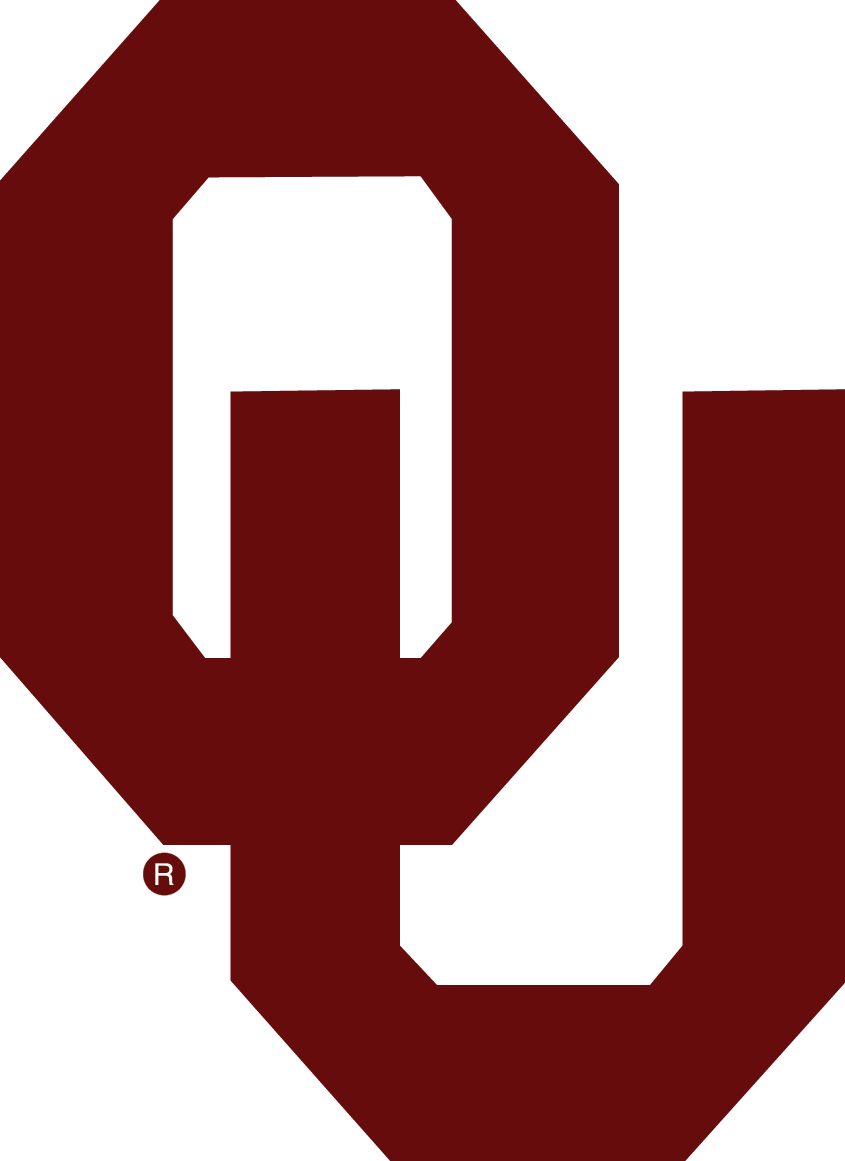During clinic appointments, students should remove all items non-related to treatment (books, backpacks, notes, etc.) and place them in their assigned locker. Students must reserve countertops for instruments and supplies needed for treatment. Never seat the patient until after the armamentarium is set up and the operatory is prepared.
For prosthodontic procedures completed at the operatory, place white lab paper on the countertops. Use the adjacent clinic laboratory for routine laboratory procedures; do not perform laboratory work in clinic operatories.
Refer to section 10 Health and Safety/Infection Control for the appropriate infection control procedures to use for each clinic appointment. After the patient has been dismissed and the dental unit has been disinfected, reposition your operatory equipment as follows:
-
Return the dental chair to an upright position, place the rheostat on a paper towel and place it on the chair seat, then raise the chair to at least the length of the rheostat cord.
-
Reposition the dental lamp and handpiece unit over the center of the chair seat.
-
Return the assistant cabinet to its position under the operatory counter.
-
Position operator and assistant stools next to counters.
-
Report any problems with your assigned operator unit to the Inventory Associate.
As healthcare facilities, the clinics must be kept as clean as possible and must present a desirable, safe, and professional image to the public. Students are responsible for the cleanliness of the operatory assigned to them and for any clinic laboratory space they use.
Food and drink may not be taken into operatories, reception areas, dispensaries, consultation rooms, or x-ray facilities.
The College and University are tobacco-free environments; tobacco use, in any form, including E-cigarettes, is strictly prohibited.
No animals are allowed in the dental building except for service animals. See section 2.9 Service Animal Policy.

